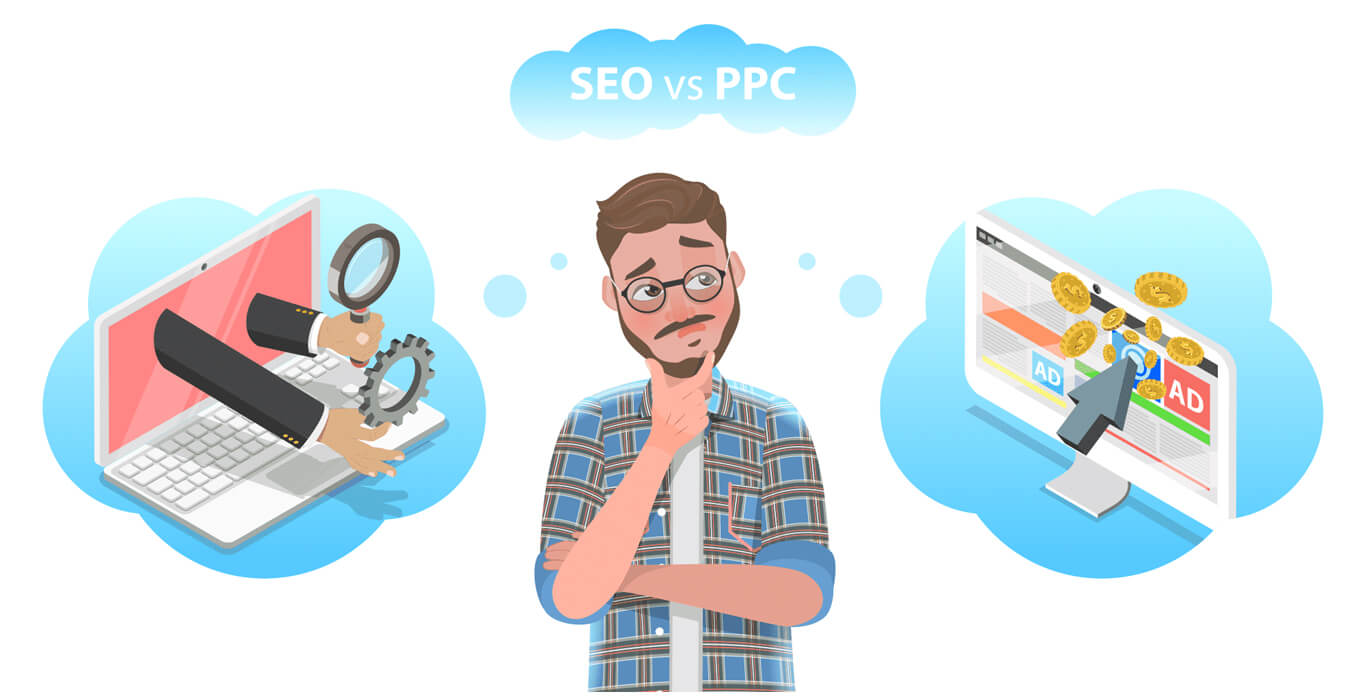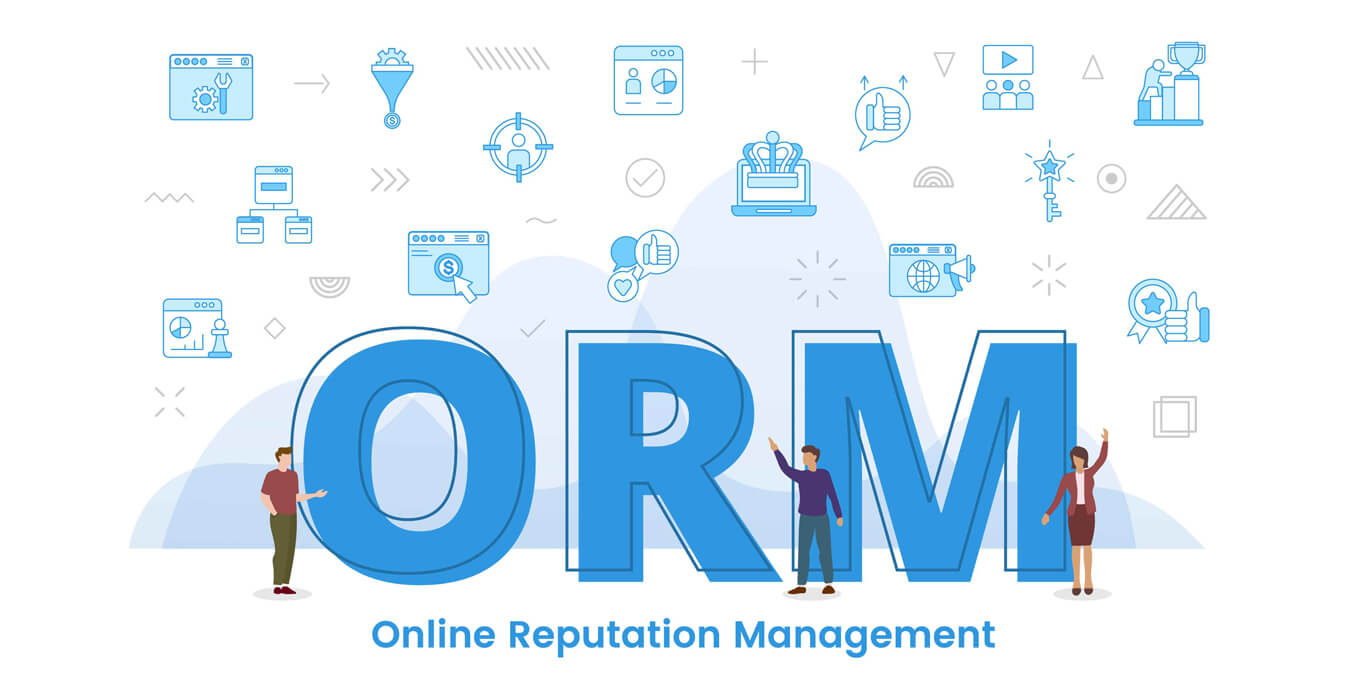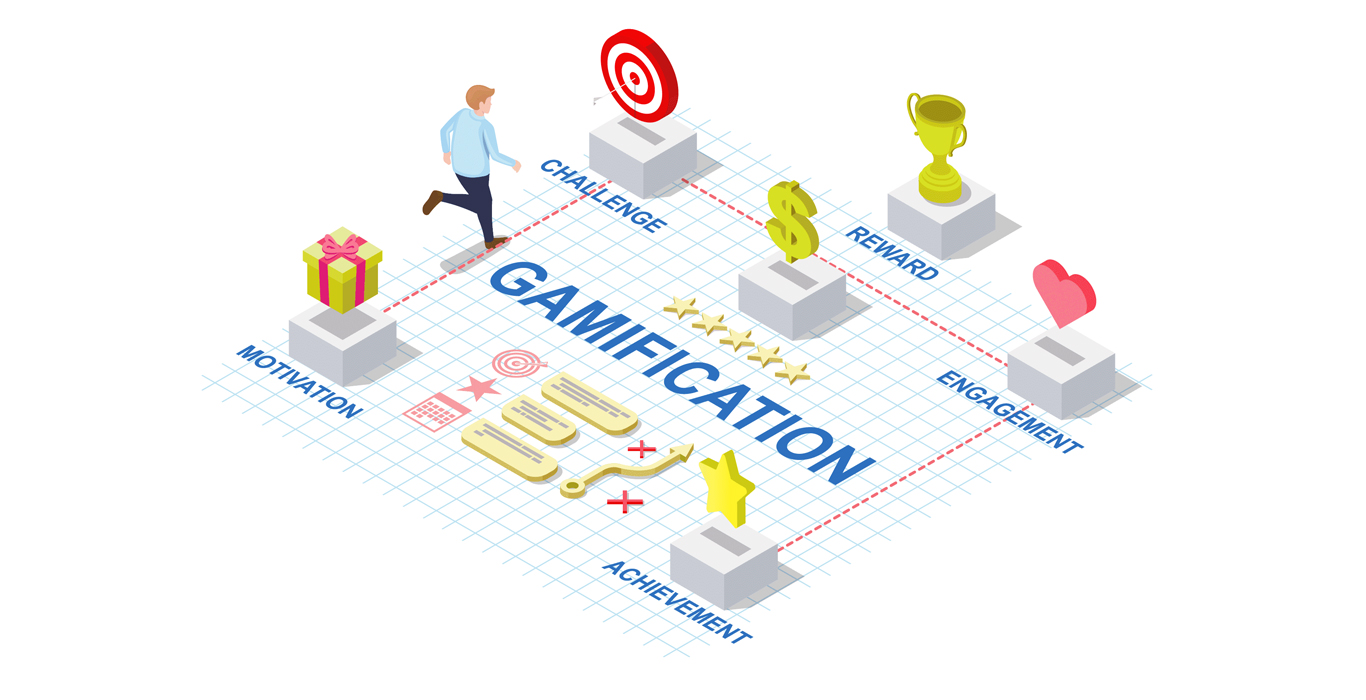|
Getting your Trinity Audio player ready... |
4 min read
“Nothing sticks in your head better than a story. Stories can express the most complicated ideas in the most digestible ways.” – Sam Balter
Capturing your audience’s attention and leaving a lasting impression has become an art in a world that is overrun with advertisements and content. In this sea of distraction, the art of storytelling in marketing has become a beacon of light.

Utilising storytelling as a marketing strategy is similar to creating a captivating story that captures the attention of your audience and sticks in their minds.
Importance of Storytelling in Marketing
Humans have an innate desire and ability to relate to stories. The common thread binding nations and civilisations together, from prehistoric cave art to contemporary blockbuster films, has always been narrative.
Storytelling has a powerful impact on marketing because it can establish an emotional bond between a business and its audience. Storytelling is crucial in marketing for the following reasons:
1. Emotional Connect
- By appealing to our emotions, storytelling makes information memorable and relevant.
- Customers are more likely to become devoted patrons when they emotionally engage with a brand’s story.
2. Memorability
- Stories stick in our recollections more than facts and figures, which can be easily forgotten.
- Your brand will stand out in the crowded marketing environment with an interesting story.
3. Conveying Values
- The goal and values of your brand can be effectively communicated with stories.
- Your audience will come to trust and support you because of this transparency.
Storytelling in Digital Marketing
The difficulty in communicating your message in a simple manner, especially when people’s attention spans are getting shorter, is to do so without losing any of its impact.
Here are some ways to include storytelling in your digital marketing strategy:
1. Compelling Brand Identity
- Describe the story of how your brand came to be.
- Highlight the difficulties, triumphs, and crucial occasions that helped to define your brand’s identity.
2. User-generated Content
- Inspire your customers to write about their interactions with your goods or services.
- These user generated content like true stories/accounts will give the content legitimacy and credibility.

3. Behind-the-Scenes
- Showcase the culture and daily activities of your business to your audience.
- Expose the people working behind the scenes to humanise your brand.
4. Customer Success
- Tell success stories of clients who have profited from your services.
- Describe the challenge they had, your proposed solution, and the successful results.
5. Narrative Advertising
- Make short videos with an engaging narrative to invoke strong feelings.
- These videos might be funny or heartwarming, but they must always connect with your target audience.
6. Interactive Storytelling
- Create engaging stories for your audience on platforms such as Instagram.
- Let them shape the story’s outcome by participating in polls.
7. Consistent Messaging
- Develop content series with a central theme or storyline.
- This will keep your audience engaged over time and constantly eager to know what happens next.
Mastering the art of storytelling in marketing is a skill that can set your brand apart. Stories have the capacity to completely change the way you interact with your audience, whether it’s via invoking feelings or building brand loyalty.
Contact IKF, a top digital marketing company in India, if you’re prepared to harness the potential of storytelling and advance your digital marketing strategy. Together, let’s weave the story of your brand into a gripping narrative that connects with your audience. Get in touch with us now!
FAQs
1. What is the art of marketing storytelling?
The art of marketing storytelling involves developing gripping narratives that emotionally engage the audience, communicating a company’s values and messages in an accessible and memorable manner, and eventually creating a strong bond between the brand and its customers. It turns marketing content into engrossing stories, creating a lasting impression and encouraging brand loyalty.
2. What makes storytelling engaging for the audience?
Storytelling becomes engaging for the audience due to its ability to evoke emotions, create relatable experiences, and build a personal connection. By weaving relatable characters, conflicts, and resolutions, storytelling captures attention, making the content more memorable and impactful.
3. How can storytelling be compelling?
A compelling story incorporates relatable characters, a clear storyline with obstacles and answers, and emotional components that speak to the audience’s experiences and goals. An audience is kept interested and invested in a story through effective storytelling because it arouses curiosity, empathy, and a desire to follow the plot to its conclusion.
4. What is the impact of storytelling in marketing?
Storytelling in marketing creates a profound impact by forging emotional connections between brands and consumers, making messages more memorable and relatable. It humanises brands, conveys values, and influences purchasing decisions, ultimately fostering brand loyalty and differentiation in a competitive market.

Ashish Dalia is the CEO & Chief Digital Marketing Strategist at I Knowledge Factory Pvt. Ltd.

Ashish Dalia is the CEO & Chief Digital Marketing Strategist at I Knowledge Factory Pvt. Ltd.










